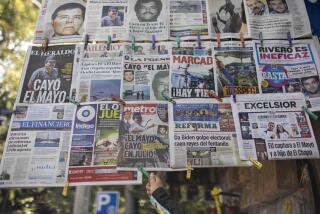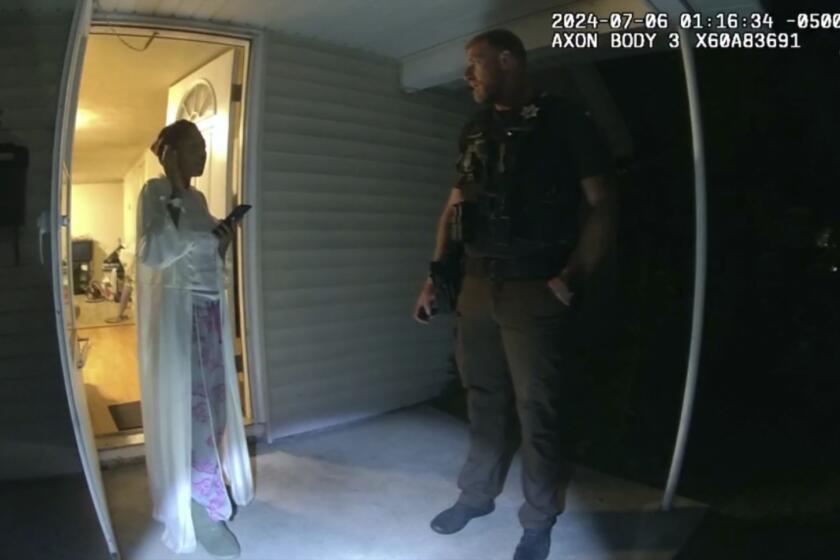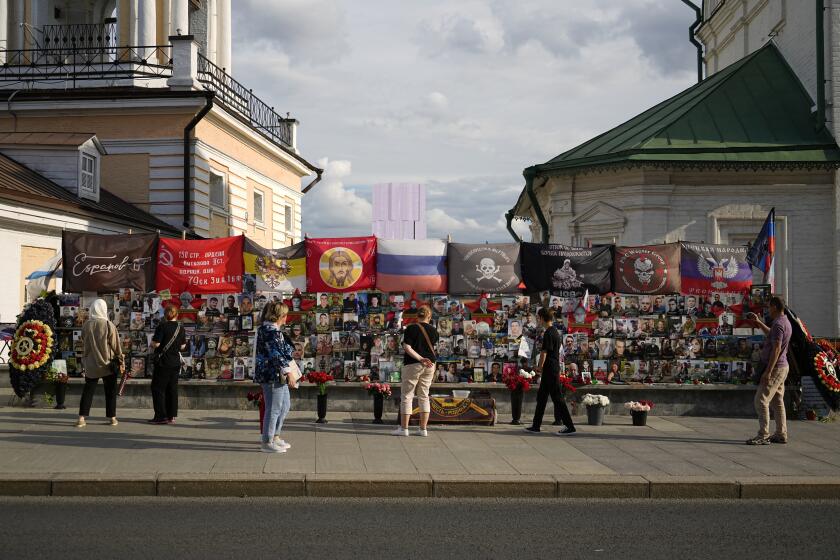A check on Chavez
The results of Venezuela’s National Assembly elections this week demonstrate once again that it is wise for opposition groups to participate in political competitions, even when the odds are heavily stacked against them. In 2005, opponents of President Hugo Chavez tried to discredit the Assembly election by boycotting it, leaving the arena to the populist leader’s loyalists. This time, they ran candidates under the banner of the Table for Democratic Unity and won 61 of the 165 Assembly seats, denying Chavez the two-thirds majority he had used to rewrite fundamental laws, appoint Supreme Court justices and consolidate power. This is good news for Venezuela and sets a more competitive stage for the 2012 presidential election.
As with every recent vote in Venezuela, Sunday’s amounted to a referendum on Chavez and the socialist agenda he calls the Bolivarian Revolution. Nearly 11 million Venezuelans cast ballots, about 66% of the electorate. Despite the country’s high violent crime rate, 30% inflation and general economic malaise, Chavez’s bloc held onto a majority; he retains a substantial following thanks to free health clinics, subsidized food markets and a reduced poverty rate. The opposition, meanwhile, was able to win more than a third of the seats in the Assembly despite electoral gerrymandering that gave more weight to rural areas supportive of Chavez, government handouts to voters and control of most media. Both sides claimed a majority of the popular vote; either way, the results suggest that roughly half the country is fed up with all Chavez all the time.
The next two years are likely to be as rocky as the last several. Chavez won a referendum in 2009 eliminating presidential term limits and is gearing up to run for a third six-year term. He has not exactly demonstrated enthusiasm for a level playing field and could use the coming months to crack down on opponents, as he has in the past, and resort to further trickery to undermine the electoral process. But now at least the opposition has a platform in a multiparty Assembly to block constitutional changes, oversee spending of the country’s oil revenues and put forward an alternative agenda. The election should return some badly needed checks and balances to the Venezuelan political system. In the process, we hope both sides will seek dialogue over confrontation.
More to Read
Sign up for Essential California
The most important California stories and recommendations in your inbox every morning.
You may occasionally receive promotional content from the Los Angeles Times.






